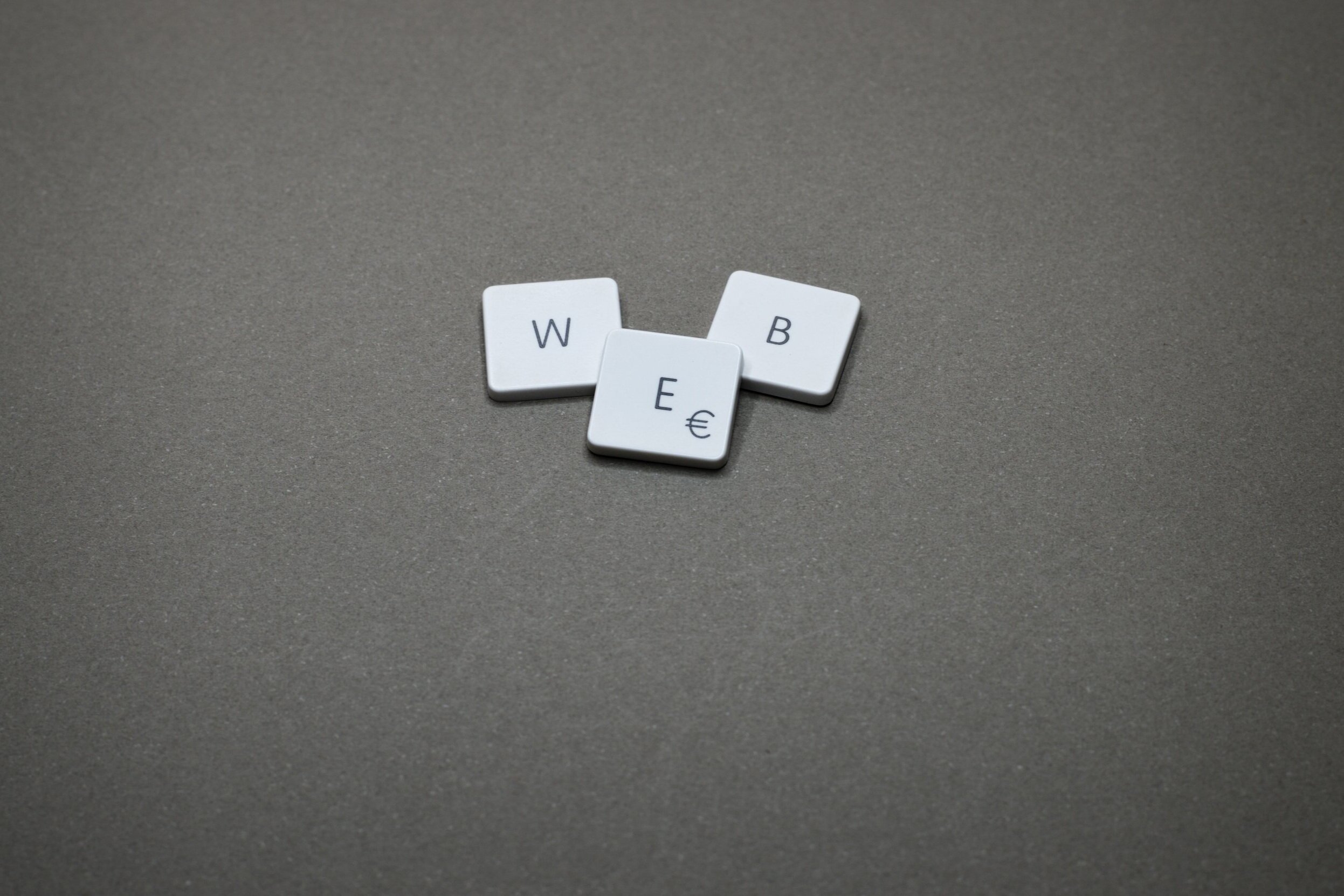We all ought to thank the ones who were hard on us.
When I think of my years in schools, starting from the elementary school all the way to the college, somehow I don’t really remember the teachers who were popular with the students. Ones that I still think about are the ones who were generally thought of as annoying and extra and/or were really hard on me/us for one reason or the other. I don't know if you have a similar experience but I’m pretty sure I’m not alone in this odd phenomenon.
Now that I’m in a position to direct, supervise, guide, and teach, I kinda understand why. It’s not easy to actually care and teach. It’s much easier to not care and just smile; it’s less stressful on me if I did everything myself rather than to watch youngins have at the tasks not quite successfully. It’s frustrating and it takes a lot of patience. I don’t particularly enjoy telling my staff, “hey, you didn’t do this right” or “what happened to so and so?” It is way more peaceful if I just did everything myself.
I do, at times, yell at the staff because for one, I’m annoyed that things are not done properly, lol, but I also worry about what would happen to them if they don’t understand the value of doing things right the first time or paying attention to details or not making your boss repeat stuff over and again or of smile and good attitude. Yes, these are simple things but any professionals would tell you that these basics are what makes us value you as co-workers.
In short, I care.
I’d imagine that my life would be much more peaceful if I didn’t care, lol, but I can only be me. And I’d also imagine that these teachers who were annoying at the time did care, as well. I now realize that caring is so very exhausting and can be infuriating. Lol. When I was a kid, instead of appreciating their help, I hated them for their diligence. Then I would think, I’m sure some of these kids hate me but I’m a big girl and I would find a way to be okay with that. I’m also hoping that they will eventually come to their senses one day and think of me fondly.



















